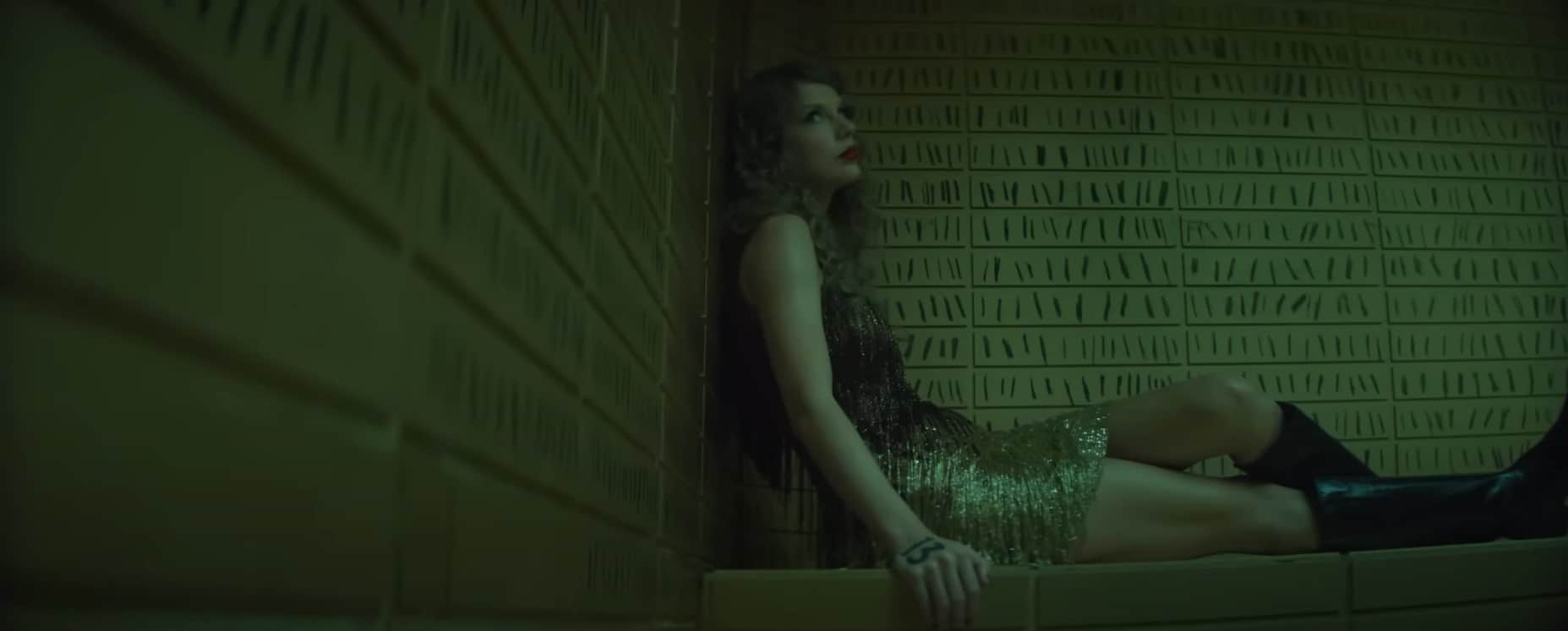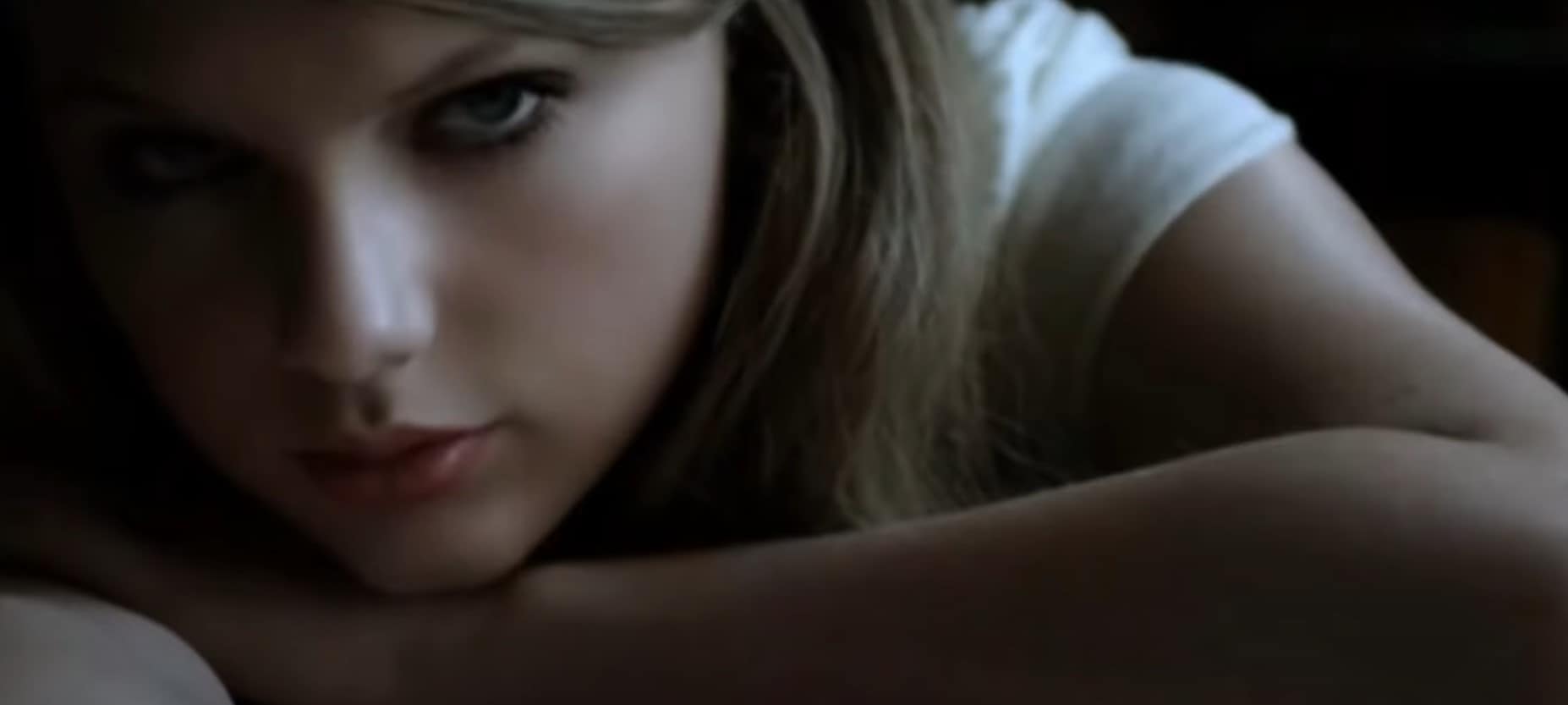Pop singer Taylor Swift is at the center of a controversy when she decided to change a line from a song that was featured in one of her albums. Furthermore, Taylor Swift’s song “Better Than Revenge” from her album “Speak Now” is criticized for perpetuating misogyny and slut-shaming, particularly towards actress Camilla Belle, who was involved with Taylor’s ex-boyfriend, Joe Jonas.
Now, the thing is that that song is a bit old, there’s a lot of water under the bridge and we need to take a look at how Taylor feels about the song, her beliefs, and the dilemma she faces in re-recording it for her album “Speak Now (Taylor’s Version).” Should we ignore the song, change the lyrics, or address the issue?

Better Than Revenge Lyrics Controversy
I am against changing the lyrics because we need to acknowledge the importance of acknowledging Taylor’s growth and recognizing the song’s context as a product of a different era. This so-called controversy reminds me of that time when The Rolling Stones decided not to play again “Brown Sugar” because it had some sort of racial prejudice in its lyrics, denying fans of the possibility to enjoy such a great cultural product.
Taylor Swift, like all artists mature and grow out of things, and staying in a perpetual circle jerk of shaming people for manifesting an idea, in this case a feeling concerning a relationship is a thing that we now have to condemn, we’d have to chastise all sorts of artists for doing that.
Also Read: Did Harry Styles Cheat On Taylor Swift With Kendall Jenner? Answered
Misogyny? Not Really
Imagine if we chastised Shakira and forced her to rewrite her latest diss track against Gerard Piqué for leaving and cheating on her, or her famous Spanish hit track “Si Te Vas” in which she sings that if you change her for “that witch, piece of leather tramp”. What would the singing world become if we go in this sort of partisan neo-puritanism?
There’s this whole political thing about perpetuating misogyny and negative stereotypes in pop music that fuels the outrage surrounding Taylor Swift changing a line on one of her hit songs.
Women being pitted against each other in the music industry, perpetuating misogyny, and battling for superiority is a standard thing in pop culture, producers know it sells records, and the public buys them. If you think that by going woke and ranting and raving against it you’re going to make a dent in an industry that thrives on these sorts of things, you’re wrong.
A Non-Issue
The dilemma Taylor faces is multifaceted. On one hand, she risks being criticized and called a hypocrite if she performs the song without addressing its problematic lyrics.
On the other hand, she grapples with a personal moral dilemma of being forced to confront a song in her discography that she regrets. The video presents several options for Taylor, including completely ignoring the song, changing the controversial lyrics, or addressing it explicitly.
“Better Than Revenge” contradicts the purpose of re-recording, which is to reclaim her entire discography. Additionally, the song remains popular among fans, making it impossible to ignore. The idea of re-recording two versions of the song, with and without the controversial lyrics, is also deemed impractical, as it would create further controversy and draw more attention to the issue.

Don’t Change Anything
The focus then shifts to the moral argument of whether Taylor should change the lyrics to align with her current beliefs.
If the lyrics of “Better Than Revenge” are problematic, consider that the song was written in a different era and context.
Rather than trash-talk Taylor, it’s important to recognize Taylor’s growth and evolution since then, and that criticizing her for writing the song initially would be unfair. Changing the lyrics now would deny her the opportunity to show her growth and maturity as an artist.
In a broader sense, this non-controversy reflects the societal pressure for celebrities to be perfect and the desire for them to conform to an ideal image.
Authenticity is more important than seeking perfection and Taylor should embrace her flaws and acknowledge her past mistakes rather than attempting to erase them.
Also Read: Is Back To December About Taylor Lautner? Taylor Swift’s New Song Sparks Controversy




